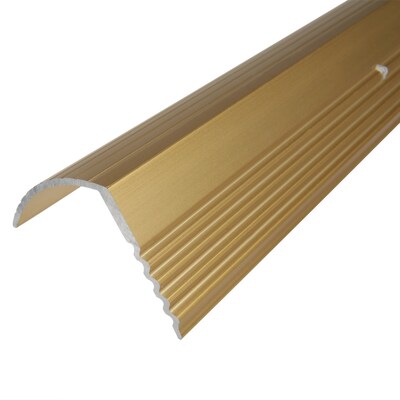ex-sailor
Member
Hi, folks.
We will be replacing the 20-year-old carpeting in our Pacific Trawler. I have read in other places that cork floating floors such as those sold by Lumber Liquidators (the click lock kind) are possibly a good choice for the saloon/galley/pilothouse floors.
We used this flooring in a house and really loved it. It would be great if we could use it in the boat, particularly the way it dampens sound.
Does anybody here have any experience with this kind of flooring in a trawler?
thanks.
ex-sailor
We will be replacing the 20-year-old carpeting in our Pacific Trawler. I have read in other places that cork floating floors such as those sold by Lumber Liquidators (the click lock kind) are possibly a good choice for the saloon/galley/pilothouse floors.
We used this flooring in a house and really loved it. It would be great if we could use it in the boat, particularly the way it dampens sound.
Does anybody here have any experience with this kind of flooring in a trawler?
thanks.
ex-sailor



